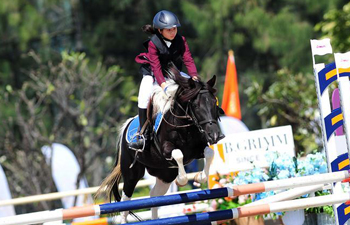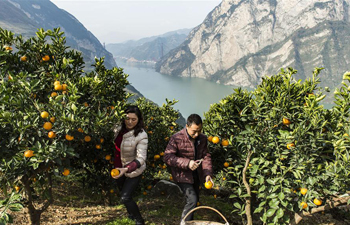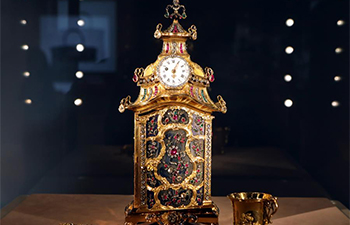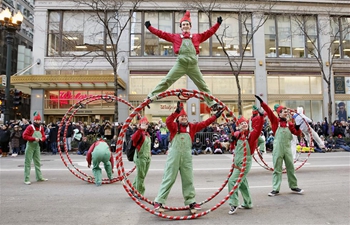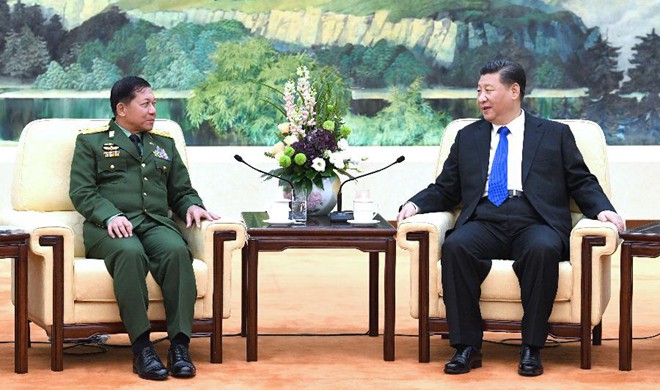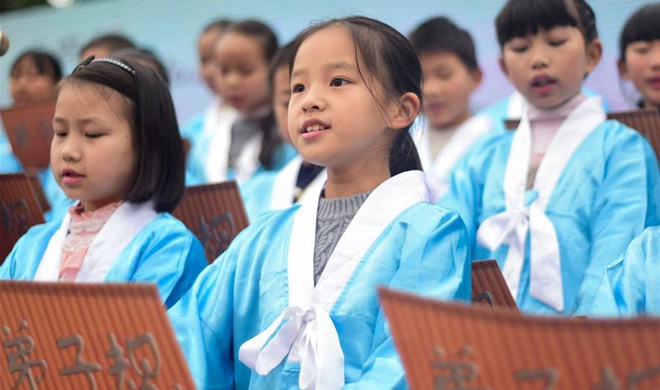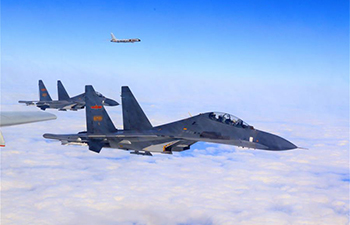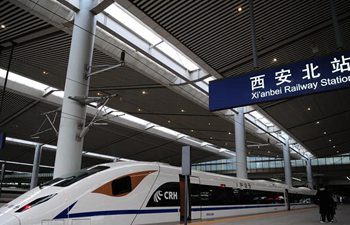BEIJING, Nov. 24 (Xinhua) -- Liu Qiang, deputy governor of northeast China's Liaoning Province, has been placed under investigation for suspected "severe disciplinary violations," the top anti-graft agency of the Communist Party of China (CPC) said Thursday.
Liu's downfall did not come alone. The CPC Central Commission for Discipline Inspection announced Tuesday that Lu Wei, former deputy head of the Publicity Department of the CPC Central Committee, was suspected of serious discipline breaches and has been put under investigation.
Lu became the "first tiger" taken down after the 19th CPC National Congress in October, during which Xi Jinping said that corruption is the "greatest threat our Party faces," urging all CPC members to have the resolve and tenacity to persevere in the "never-ending" fight against corruption.
"Currently, the fight against corruption remains grave and complex; we must remain as firm as a rock in our resolve to build on the overwhelming momentum and secure a sweeping victory," Xi said at the congress, shortly before he was re-elected as general secretary of the CPC Central Committee for a second five-year term at the first plenum of the 19th CPC Central Committee.
The investigation of the two senior officials was a potent sign that China would not let up in its fight against corruption.
Some people mistakenly think the anti-graft fight will come to an end after results have been achieved, and some believe a deepened crackdown could prompt officials' inaction and hurt economic growth.
However, these people fail to realize that the anti-graft drive has brought corruption down, but not out. Misconduct has abated, but it has not vanished. Any laxness could lead to failure in the fight against corruption.
The country's anti-graft watchdog has ousted corrupt officials all the way from low-level "flies" to high-ranking "tigers" since late 2012, when Xi began his first term.
In the past five years, 440 officials at or above the provincial or corps level were investigated, while more than 8,900 city level officials and over 63,000 county level officials were punished. Meanwhile, China has worked with the international community and captured 3,453 fugitives who had fled overseas.
The graft crackdown is a long-term fight. Although remarkable results have been achieved, the fight is far from over.
There are no quick or easy fixes to corruption. To root out the scourge that threatens the Party's very survival, more must be done to cure the ills of corruption.
Supervisory system reform is the latest effort to rein in corruption. China has started setting up supervisory commissions at provincial, city and county-levels across the country, to ensure that "all public servants exercising public power" are subject to supervision.
The commissions will supervise the execution of duty and ethics by public functionaries, investigate illegal activities such as graft, misuse of authority, neglect of duty and wasting public funds, issue administrative penalties, and transfer potential criminal cases to the procuratorates, according to a decision adopted by the top legislature in early November.




